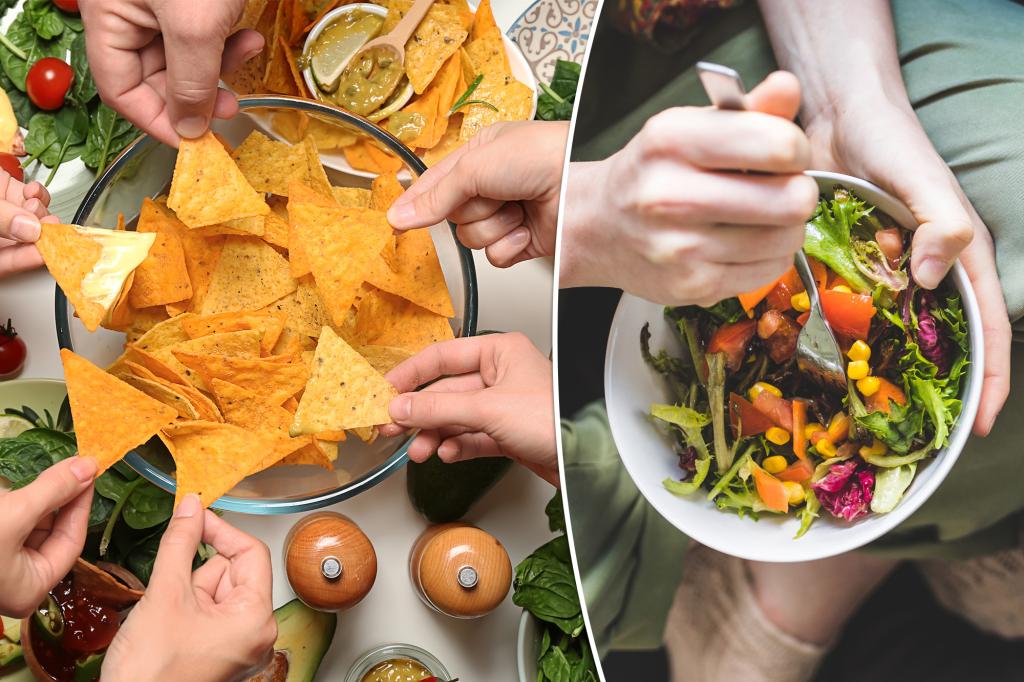In a recent study published in the Lancet Regional Health—Europe, it was found that an increase in the consumption of ultra-processed foods (UPFs) was linked to a higher risk of developing Type 2 diabetes. The study tracked nearly 312,000 participants from eight European countries over an average of 11 years, during which almost 15,000 developed Type 2 diabetes. Researchers noted that for every 10% increase in UPFs consumed, there was a 17% rise in the risk of developing diabetes. They suggested that substituting unprocessed or minimally processed foods, or processed foods with UPFs could help lower this risk.
Previous research has already established a connection between diets high in ultra-processed foods and various health issues, including obesity, diabetes, cancer, and cardiovascular disease. However, registered dietitian nutritionist Alexis Law believes that UPFs can still be enjoyed in moderation. Law emphasizes the importance of understanding the mental and physical relationship to UPFs. She points out that these foods are typically high in sugar, salt, and fat, which can lead to overconsumption and neglect of nutrient-rich foods that the body needs more of. Law suggests incorporating a balance of ‘fun’ foods with ‘needed’ foods, such as pairing chips with protein and vegetables to satisfy cravings without overeating.
When it comes to indulging in unhealthy foods, being mindful and present while eating can help prevent overconsumption. Recent research suggests that dipping foods can increase caloric intake by 77%, so it’s important to avoid mindlessly eating while distracted. Law recommends focusing on adding nutritious foods to the diet rather than restricting certain foods. By adopting an abundance mindset around food, individuals can create consistency, clarity, positive food choices, and long-term weight management. This shift in perspective can help individuals make healthier choices overall while still allowing for the occasional indulgence in guilty pleasures.
Law cautions against a strict ‘all-or-nothing’ approach to diet, as it can lead to increased cravings and overeating. By focusing on including more nutrient-rich foods while still enjoying ‘fun’ foods in moderation, individuals can achieve a healthy balance in their diet. Law suggests incorporating a variety of foods on a snack plate, such as chips with nuts, cheese, and vegetables, to satisfy cravings without going overboard. This approach allows for flexibility and enjoyment in eating, while still prioritizing overall health and wellness.
Overall, it is important to be mindful of the types and amounts of foods consumed, especially when it comes to ultra-processed foods that are typically high in unhealthy ingredients. By being present while eating and making conscious choices about food, individuals can better control their intake and prevent overeating. Incorporating a variety of nutrient-rich foods into the diet, while still allowing for occasional indulgences, can help maintain a healthy and balanced diet in the long term. By focusing on what can be added to the diet rather than what should be restricted, individuals can develop a positive relationship with food and make sustainable, healthy choices.


